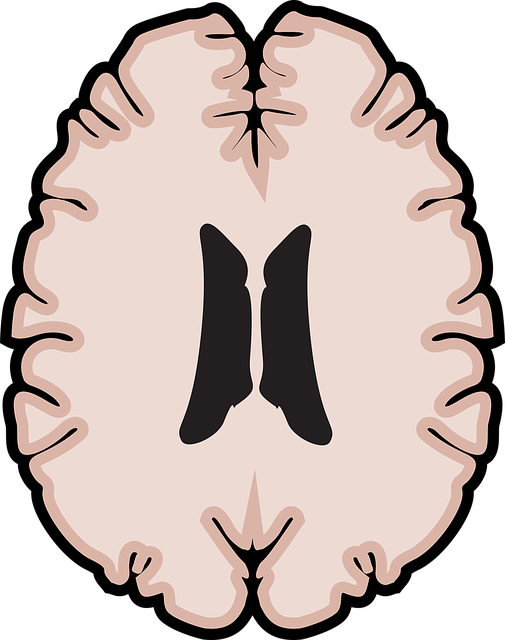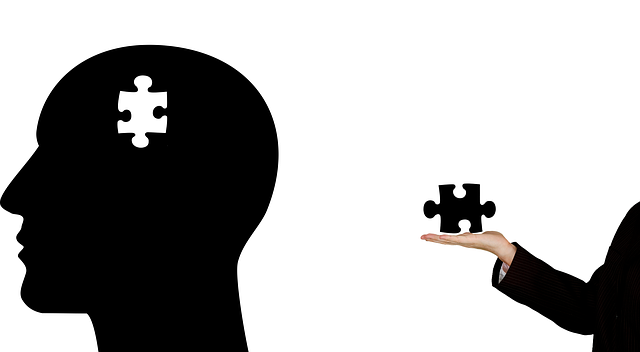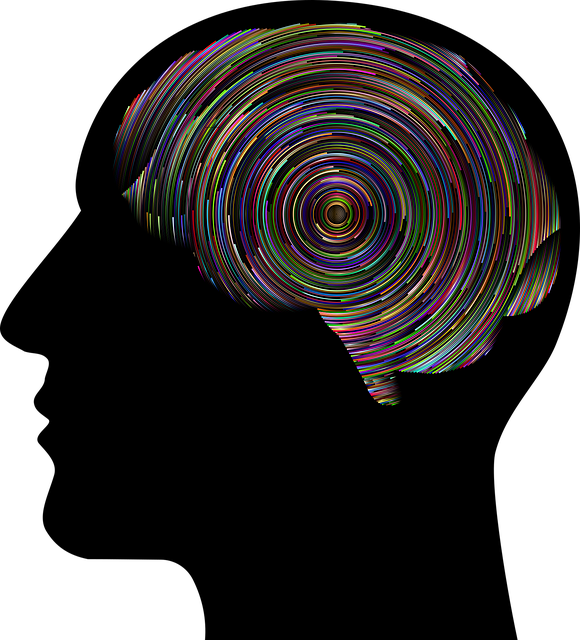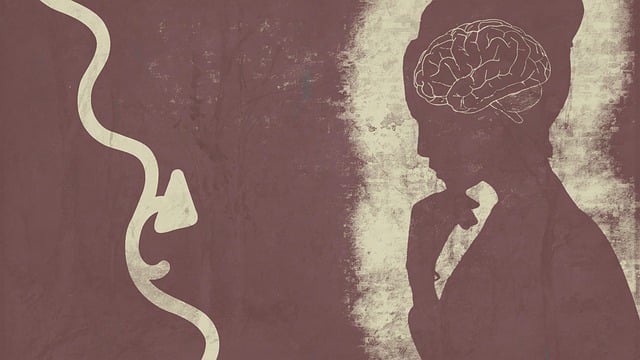In Boulder, accurately diagnosing OCD is challenging due to shared symptoms with other disorders. Local therapists combat this through comprehensive evaluations, behavioral observations, and specialized tools, integrating Stress Management and Conflict Resolution strategies for more precise diagnoses. Recent advancements in mental health diagnosis, including innovative techniques like positive thinking strategies and community outreach programs, have improved accuracy, especially for complex conditions like OCD. Evidence-based approaches like Exposure and Response Prevention (ERP), Social Skills Training, and Emotional Intelligence programs disrupt unhelpful thought patterns, foster resilience, and reduce anxiety. Measuring success through stigma reduction efforts, community education, and self-awareness exercises enhances diagnosis accuracy and overall mental well-being in Boulder Obsessive Compulsive Disorder Therapy.
Mental illness diagnosis accuracy is a critical aspect of patient care, especially for conditions like Obsessive Compulsive Disorder (OCD), which can significantly impact daily life. This article delves into the current challenges and innovative solutions in OCD diagnosis, focusing on Boulder OCD therapy techniques. We explore how integrating comprehensive strategies can enhance accuracy, with a particular emphasis on measuring success. By understanding the landscape of mental health diagnosis and adopting advanced approaches like Boulder OCD therapy, healthcare providers can improve outcomes for individuals struggling with this complex condition.
- Understanding Mental Health Diagnosis: The Current Landscape
- Challenges in Accurately Diagnosing Obsessive Compulsive Disorder (OCD)
- Innovative Techniques for Enhancing Diagnosis Accuracy
- Integrating Boulder OCD Therapy Approaches: A Comprehensive Strategy
- Measuring Success and Advancing Mental Illness Diagnosis Practices
Understanding Mental Health Diagnosis: The Current Landscape

In today’s world, understanding mental health diagnosis involves navigating a complex landscape where various disorders often present similar symptoms, creating challenges for healthcare providers. This is especially true for conditions like Obsessive Compulsive Disorder (OCD), which can manifest in diverse ways, from intrusive thoughts to repetitive behaviors. Accurate diagnosis requires careful evaluation and an integrated approach that considers not just clinical criteria but also the individual’s unique experiences and cultural background.
Efforts to improve diagnosis accuracy include the development of Mental Wellness Coaching Programs and innovative tools like journaling exercises to help patients articulate their symptoms. Additionally, Healthcare Provider Cultural Competency Training plays a pivotal role in ensuring professionals are equipped to recognize and address the nuances of different populations. Such initiatives aim to foster empathy, enhance communication, and ultimately improve care for individuals dealing with mental health challenges, including OCD, in diverse communities across Boulder and beyond.
Challenges in Accurately Diagnosing Obsessive Compulsive Disorder (OCD)

Diagnosing Obsessive Compulsive Disorder (OCD) accurately can be challenging due to its complex nature and shared symptoms with other mental health conditions. Many individuals suffering from OCD often present with a range of distressing obsessions and compulsions, making it difficult for healthcare professionals to pinpoint the specific disorder. The variety and complexity of OCD manifestations mean that diagnosis requires careful assessment and comprehensive understanding.
In Boulder, where access to Mental Health Awareness is robust, therapists employ various strategies to improve diagnostic accuracy. This includes detailed psychological evaluations, behavioral observations, and sometimes, specialized tools tailored to OCD. By integrating Stress Management techniques and Conflict Resolution Strategies into therapy, professionals can help individuals better express their experiences and symptoms, leading to more precise diagnoses. These efforts ultimately enhance the effectiveness of Boulder Obsessive Compulsive Disorder Therapy.
Innovative Techniques for Enhancing Diagnosis Accuracy

In recent years, significant strides have been made to enhance mental illness diagnosis accuracy, particularly in addressing complex conditions like Obsessive Compulsive Disorder (OCD). Therapists in Boulder and around the globe are leveraging innovative techniques that go beyond traditional methods. One such approach involves integrating positive thinking strategies into treatment plans. By fostering a mindset focused on optimism and resilience, therapists aim to empower individuals with OCD to challenge intrusive thoughts and reduce compulsions.
Community outreach programs have also played a pivotal role in improving diagnosis accuracy. These initiatives raise awareness about mental health issues, dispel myths, and encourage early intervention. Incorporating stress management techniques as part of these programs has proven effective in preparing individuals for therapy and supporting their long-term recovery. By combining advanced therapeutic methods with community engagement, healthcare professionals are better equipped to accurately diagnose OCD and facilitate more successful treatment outcomes.
Integrating Boulder OCD Therapy Approaches: A Comprehensive Strategy

Integrating Boulder OCD Therapy Approaches offers a comprehensive strategy to enhance mental illness diagnosis accuracy, particularly in addressing Obsessive Compulsive Disorder (OCD). By combining evidence-based techniques, therapists can create tailored interventions that disrupt unhelpful thought patterns and behaviors. One effective approach is Exposure and Response Prevention (ERP), which involves gradually exposing individuals to feared stimuli while preventing the performance of compulsive rituals, fostering resilience and reducing anxiety over time.
Additionally, Social Skills Training and Emotional Intelligence programs play a pivotal role in Mental Illness Stigma Reduction Efforts. These initiatives equip individuals with the tools to navigate social interactions confidently, enhancing their overall well-being. By promoting self-awareness, empathy, and effective communication, these programs challenge societal perceptions and foster a more supportive environment for those living with OCD or other mental health conditions.
Measuring Success and Advancing Mental Illness Diagnosis Practices

Measuring success in mental illness diagnosis accuracy is paramount to advancing practices and improving patient outcomes. Implementing a comprehensive Community Outreach Program can help reduce stigma, increase awareness, and encourage individuals to seek help early on. By educating community members about various mental health conditions, including Boulder Obsessive Compulsive Disorder (OCD) Therapy, we can foster an environment of understanding and support. This proactive approach not only improves diagnosis accuracy but also enhances overall mental well-being.
Additionally, integrating Self-Awareness Exercises and Mood Management techniques into diagnostic processes empowers individuals to actively participate in their care. Such practices enable patients to recognize early warning signs, track symptoms, and communicate effectively with healthcare providers. Through ongoing evaluation and adaptation based on these metrics, mental health professionals can refine diagnosis methods, ensuring more precise and personalized treatments for those struggling with OCD or other mental illnesses.
Mental illness diagnosis accuracy has seen significant advancements, especially in addressing complex conditions like OCD. By combining traditional assessment methods with innovative techniques, such as those explored in Boulder OCD therapy, healthcare professionals can achieve greater precision. Integrating comprehensive strategies that consider the unique challenges of OCD, as outlined in this article, is crucial for enhancing diagnostic practices and ultimately improving patient outcomes. Continued research and collaboration among mental health experts are essential to refining these approaches, ensuring more effective and efficient diagnosis across the board.









